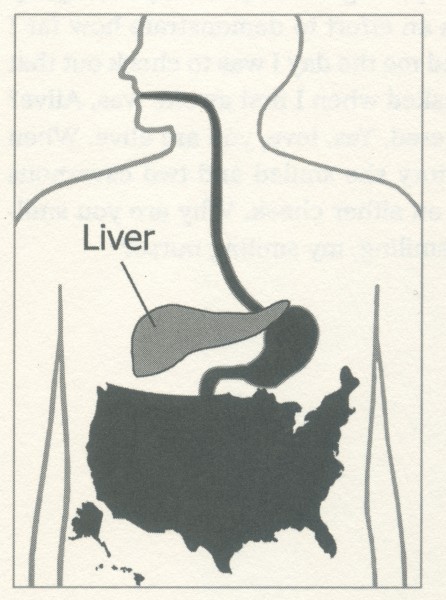
Encountering “September Sky”
Nonsite is pleased to announce the publication of Promesse du Bonheur, a collection of new poems by Michael Fried accompanied by more than thirty photographs by James Welling. The book is appearing under the double aegis of nonsite.org and David Zwirner Books, and is available through David Zwirner Books and Amazon. To mark its publication, we offer an essay by Fried analyzing one of the poems in the collection, “September Sky,” along with an abstract photograph by Welling which serves, in the book, as an introduction to the collection.







